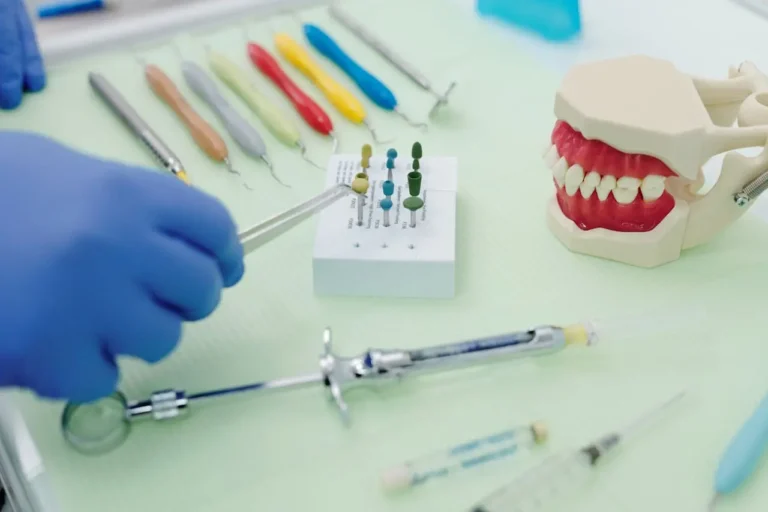
Four new studies on the Breast Cancer Index (BCI) test will be presented at the 2024 San Antonio Breast Cancer Symposium (SABCS). Among these, preliminary data will be shared exploring the potential of the BCI test to identify postmenopausal women with hormone-receptor positive (HR+), early-stage, node-negative breast cancer who have minimal risk of distant recurrence. Full results will be presented during Poster Session 1 on December 11, 2024, at 12:30 p.m. CT [#P1-09-13].
“Given the challenges with tolerability of primary adjuvant endocrine therapy and high discontinuation rates, understanding which patients have minimal risk of distant recurrence could support the de-escalation of therapy before the five-year mark for some HR+, early-stage breast cancer patients,” said Dr. Gerrit-Jan Liefers, MD, Ph.D., Surgeon at Leiden University Medical Centre and Primary Investigator of the study. “This could enable a more personalized approach for patients who struggle with the side effects of primary adjuvant endocrine therapy.”
The Breast Cancer Index (BCI) test has already been established as a predictive biomarker for determining the likelihood of benefit from extended endocrine therapy. It is recognized by the NCCN Clinical Practice Guidelines in Oncology (NCCN Guidelines®) and the ASCO® Clinical Practice Guidelines as the only test that predicts which women with HR+, early-stage breast cancer will benefit from continuing endocrine therapy beyond five years.
In this new study, an adjusted BCI prognostic model with an additional cut point was defined to identify a “minimal risk” group, with a 10-year distant recurrence (DR) risk of less than 5%. Validation of this model in patients who did not receive primary adjuvant endocrine therapy from the Netherlands Cancer Registry (NCR) cohort (n=1247) confirmed its significance (p=0.003). In both the Stockholm and NCR studies, 20% and 16% of patients were identified by the BCI test as minimal risk, with a 10-year DR risk of 2.3% and 4.5%, respectively.
“While further validation is needed before this new BCI prognostic assessment becomes available, these results suggest expanded potential for the test,” said Jennifer Schneiders, Ph.D., President of Diagnostic Solutions at Hologic. “Identifying women with a sufficiently low risk of cancer recurrence could allow for de-escalation of primary adjuvant endocrine therapy under the guidance of their medical team, reducing unnecessary side effects and toxicity.”
In addition to the minimal risk study, three other BCI-related investigational studies will be presented at the SABCS conference:
- Associations Between Breast Cancer Index Test Classifications and MSK-IMPACT Genomic Profiles in HR+/HER2- Breast Cancer [#P1-11-07].
- Impact of NCCN/ASCO Guidelines and Epic Software Enhancement on Utilization of the Breast Cancer Index Test and Its Role in the Quality of Cancer Care at Community Centers [#P4-09-26].
- Correlative Analysis of Breast Cancer Index Test With Body Mass Index for Prediction of Extended Endocrine Therapy Benefit in the BCI Registry Study [#P4-11-04].
“We are encouraged by the additional clinical utility of the Breast Cancer Index test and look forward to exploring more opportunities to improve breast health care,” added Schneiders.
About the Breast Cancer Index Test
The Breast Cancer Index is a molecular, gene expression-based test that helps physicians personalize treatment decisions for patients with early-stage, HR+ breast cancer. The test supports oncology teams and patients in navigating the trade-offs between preventing disease recurrence and managing significant side effects from unnecessary treatment. It is recognized by guidelines such as the American Joint Committee on Cancer (AJCC), ASCO, EGTM, and the NCCN for its role in guiding extended endocrine therapy decisions. It is the only test recognized by guidelines to predict the benefit of extended endocrine therapy.
The Breast Cancer Index test is a laboratory-developed test (LDT) performed in a CLIA-certified and CAP-accredited diagnostic laboratory.
About Hologic
Hologic, Inc. is a global leader in women’s health, committed to developing innovative technologies for the detection, diagnosis, and treatment of health conditions, aiming to raise the standard of care worldwide.




